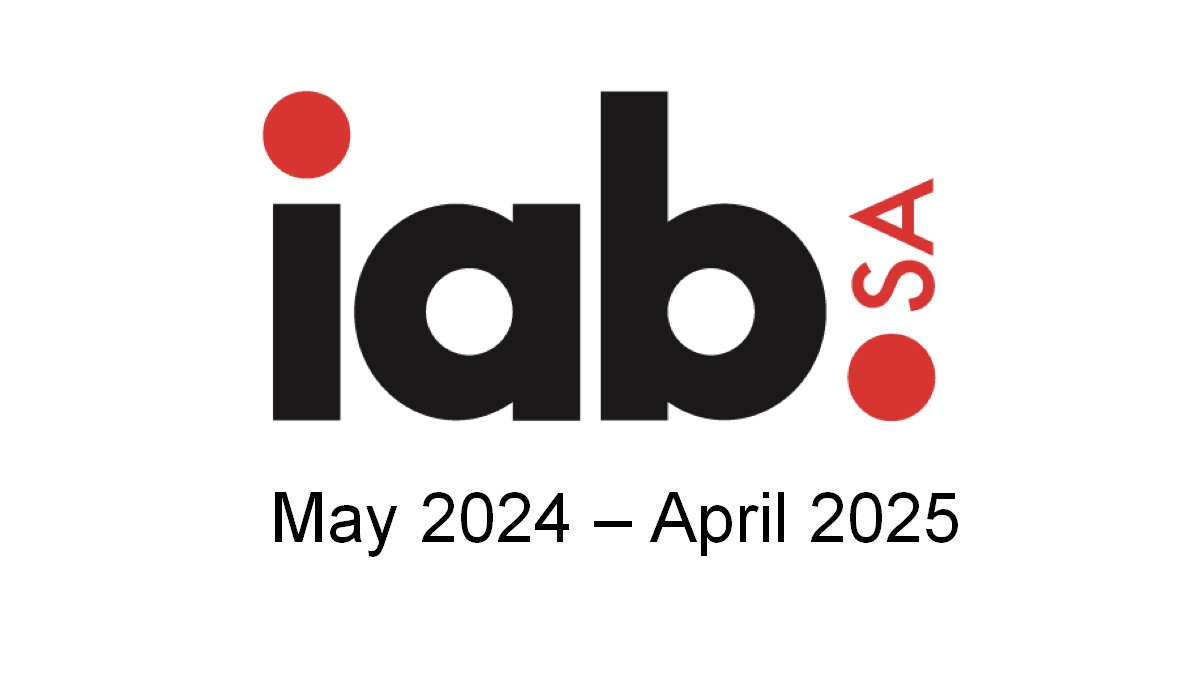Johannesburg – President Cyril Ramaphosa says poor countries desperately need COVID-19 vaccines as much as other nations that have already started vaccinating their citizens.
“We are all not safe if some countries are vaccinating their people and some countries are not vaccinating,” said President Ramaphosa on Tuesday.
The President did not hold back as he raised concerns about vaccine nationalism during a virtual State of the World Address at the World Economic Forum (WEF) Davos Dialogues.
“The rich countries of the world went out and acquired large doses of vaccines from developers and manufacturers, and some countries have even gone beyond and acquired four times what their population needs,” he said.
According to the President, this was done to the exclusion of countries in the world that also need the lifesaving COVID-19 vaccine.
The Statesman has applauded efforts by the World Health Organisation (WHO) to set up the COVAX facility to agglomerate all acquisition processes, so that there can be equity in the distribution of and access to vaccines.
“Now, rich countries in the world are holding onto these vaccines. So, we’re saying, release the excess vaccines that you’ve ordered and hoarded.
“There’s just no need for a country, which perhaps has 40 million people, to acquire 120 million doses or even 160 million, yet the world needs access to those vaccines,” the President said.
In realising how the world’s richest countries are behaving, President Ramaphosa said the AU member States set up the African Vaccine Acquisition Task Team (AVATT).
According to the President, the move has been “marginally successful”, securing a provisional 270 million doses for African countries directly through vaccine manufacturers.
This is in addition to the 600 million doses that are expected from the COVAX initiative.
“But we need those who have hoarded the vaccines to release the vaccines so that other countries can have them,” said the President.
However, African countries need financial assistance.
“We’re not saying just give them away, but we’re also saying… do make them available so that those countries who don’t have access right now can have [vaccines].
“We must all act together in combating Coronavirus because it affects us all equally. Therefore, our remedies and actions to combat it must also be equal and overarching for all of us, and not be something that special or certain countries have on their own to the exclusion of others,” the President said.
South Africa, he said, has not been spared, with the pandemic taking a heavy toll on the nation.
“With the greatest burden of disease on the continent, South Africa has recorded around 1.4 million COVID-19 cases, and more than 40 000 people have lost their lives.”
Economic recovery
President Ramaphosa said the current economic downturn follows a decade of weak economic growth, which adds complexity and difficulty to South Africa’s economic recovery path.
“Over the course of nine months, and with the support of our social partners, the South African government rolled out a comprehensive set of measures to limit the social and economic impact of the pandemic.”
These measures include expanded social protection, a temporary increase in monthly social grants, a monthly special R350 grant that reached six million unemployed people, and other measures aimed at businesses.
“While these relief measures have proved vital in keeping many businesses afloat, saving many jobs and keeping millions of South Africans above the poverty line, our attention has now shifted to rebuilding our economy and restoring employment,” the President said.
The focus has now shifted to the Economic Reconstruction and Recovery Plan to boost confidence, restart the economy and drive urgent reforms.
This is aimed at promoting employment and faster growth that is more inclusive.
The key priorities include a massive infrastructure build programme; expanding energy generation capacity; creating additional jobs; supporting livelihoods through an employment stimulus, and driving export-oriented industrial development.
In addition, South Africa aims to grow local manufacturing and production, and make South African exports much more competitive.
“Over the last three years, we have mobilised R774 billion, which is around US$51 billion, in new investment commitments,” the President said.
He said the interventions will enable South Africa to better realise the potential of the African Continental Free Trade Area, which became operational on 1 January 2021.
“The free trade area will foster integration, increase trade and accelerate the build-up of productive capabilities and infrastructure in Africa to meet growing demand.”
President Ramaphosa believes that the country will benefit from greater exports to the continent, and domestic sectors such as steel, automotive production, mining and manufactured products are set to benefit, materially boosting economic growth.
– SAnews.gov.za
Follow @SundayWorldZA on Twitter and @sundayworldza on Instagram, or like our Facebook Page, Sunday World, by clicking here for the latest breaking news in South Africa. To Subscribe to Sunday World, click here.
Sunday World



